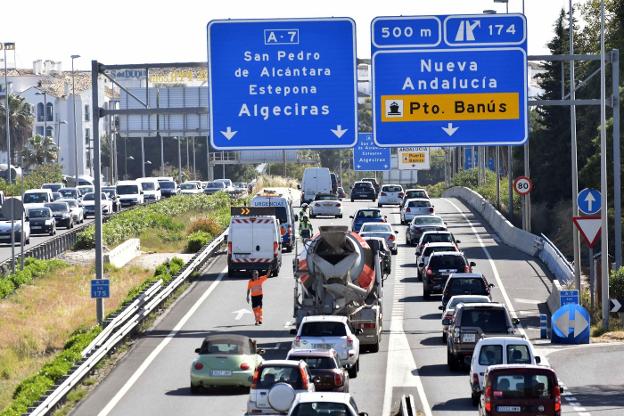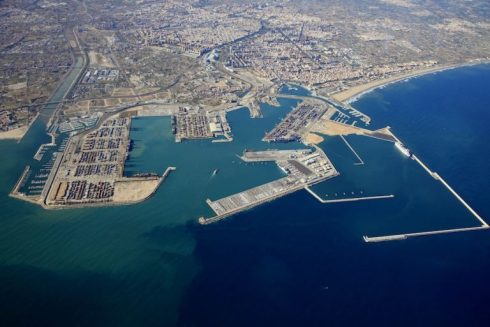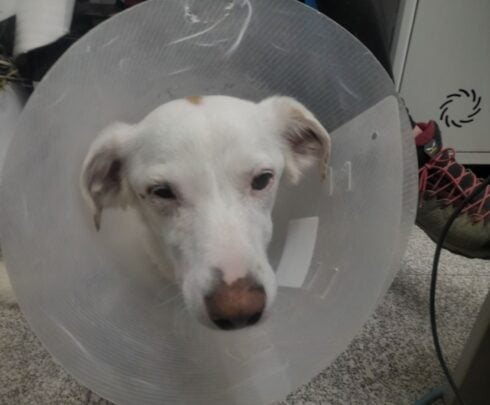SPAIN’s ever growing problem with so called ‘zombie cars’ has reached a 10 year high as COVID-19 adds to motoring’s greatest pandemic.
Zombie cars is a term coined by insurance companies to describe any vehicle that is travelling without insurance or any other legally required paperwork.
According to a recent study by leading Spanish insurers Linea Directa, a total of 2.65 million cars are on the roads without all the correct paperwork, representing over 8% of the total cars registered across the country.
This has been added to the 400,000 vehicles in the past 10 years that have already been written off the books by the DGT for spending five years or more unaccounted for.
Linea Directa has revealed that the main discrepancy on Spain’s roads is the lack of insurance, a crime that can lead to fines of up to 3,000.
The COVID-19 pandemic has exacerbated this issue over the past 12 months leading to figures reaching a 10 year high.
The main culprit for the increase, according to Mar Garre, Director of Communication at Linea Directa, is owners of second homes, who have vehicles sat unused and in storage.
“With many people unable to travel to their holiday homes due to the pandemic, they don’t realise that their cars still need to have insurance,” said Garre.
The biggest offenders in not insuring their cars are Canary Islands, the Balearic Islands and Catalonia, areas notable for holiday makers and second residencies.
Another reason for the peak in figures is the average age of vehicles in Spain, with 2019 figures showing that the total road fleet averages at 12.5 years old, leading to increased insurance costs.
This fact, matched with financial hardships in recent years, have led many to take the risk of driving without the proper cover.
The country’s lack of knowledge in the necessity of insurance and the proper procedures of obtaining cover are also a factor, as well as the lack of knowledge of how to properly deregister a vehicle with the DGT.
Scrap yards are also a contributing factor after rule changes in 2004 meant that any vehicle needing to be scrapped needed to be taken to an official Authorised Treatment Centre (CAT).
Many do not comply with CAT listings to avoid EU imposed scrapping fees and request temporary withdrawal rather than permanent scrapping, with many unsuspecting motorists unaware that their car is still ‘on the books’.
The DGT and Scrapping Organisations have condemned these rogue scrapyards, and have called on the government for greater authority to find and close down any yard operating outside CAT regulations.
Garre has warned motorists that driving without proper documentation can carry substantial fines and pose a lethal threat to other road users.
“With this study we want to highlight the dangers and problems involved in driving without having compulsory insurance, a system that has provided great security to society for decades,” said Garre.
“Driving without insurance can cause slower resolutions to accidents, greater expense and potentially greater risk to life.”
Click here to read more Spain News from The Olive Press.








